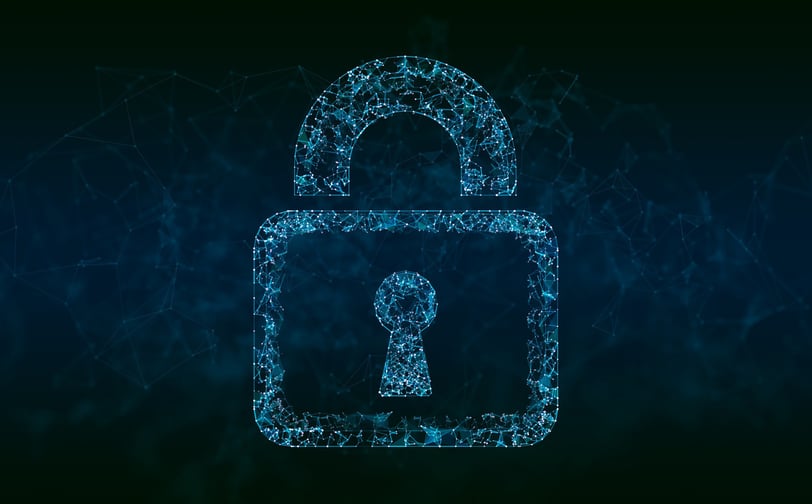The Role of AI in Cybersecurity
Cyber threats are getting smarter, and traditional security methods are struggling to keep up. That’s where artificial intelligence (AI) steps in. AI is already playing a huge role in protecting data, businesses, and individuals from cyber attacks. It’s not just a futuristic idea—it’s happening right now. Let’s dive into how AI is reshaping cyber security and keeping us safe online.
AI TECHNOLOGIES


1. AI: The Ultimate Cyber Bodyguard
One of the biggest strengths of AI in cyber security is its ability to analyze massive amounts of data in real-time. Unlike old-school security systems that rely on fixed rules, AI-powered tools can spot unusual activity, detect patterns, and flag potential threats before they cause damage. Machine learning helps these systems continuously adapt, making them more resilient to new hacking techniques.
2. Stopping Attacks Before They Happen
Wouldn’t it be great if we could predict cyber attacks before they even occur? AI makes that possible. By studying past data, AI can identify weak points in a system and suggest ways to fix them. This proactive approach helps companies strengthen their defenses and stay one step ahead of cybercriminals.
3. Faster Response to Security Breaches
Speed is everything when dealing with cyber attacks. AI-powered security systems can react instantly, shutting down suspicious activity, isolating compromised areas, and even launching countermeasures—all without needing human intervention. This means less damage, reduced downtime, and a faster recovery.
4. Fighting Phishing Scams
Phishing attacks—where hackers trick people into giving away sensitive information—are still one of the biggest threats online. AI-powered email filters and security tools can now recognize phishing attempts by analyzing email patterns, sender reputation, and unusual content. This significantly lowers the chances of people falling victim to these scams.
5. Smarter Authentication & Fraud Prevention
AI is making logins and transactions safer. Biometric authentication methods like facial recognition and fingerprint scanning rely on AI to improve accuracy and security. In banking and finance, AI is also helping detect fraud by identifying unusual spending behaviors and blocking suspicious transactions in real time.
6. Challenges of AI in Cybersecurity
AI isn’t a magic bullet—it has its own set of challenges. Hackers are also using AI to create more advanced cyberattacks, like deep fake scams and AI-generated malware. Plus, AI security systems sometimes make mistakes, flagging normal activity as suspicious. Finding the right balance between AI automation and human oversight is key to keeping cybersecurity strong and effective.
7. What’s Next for AI in Cybersecurity?
AI is only going to get smarter. In the future, we’ll see AI-powered security systems that can detect and stop threats automatically, without needing human intervention. Collaboration between AI and human security experts will also continue to grow, making cybersecurity even stronger and more adaptable.
Final Thoughts
AI is transforming cybersecurity, making it faster, smarter, and more effective at stopping cyber threats. While there are still challenges to tackle, the benefits far outweigh the risks. As hackers become more advanced, AI will be crucial in helping us stay ahead and keep our digital world secure.
